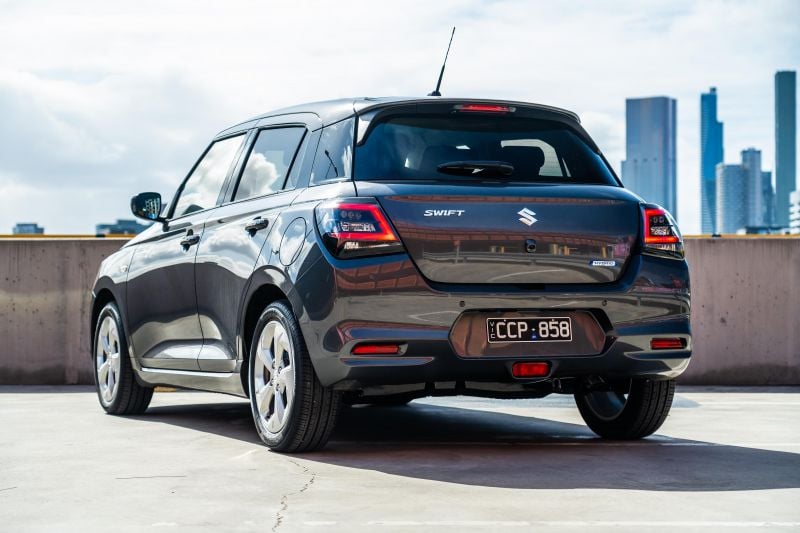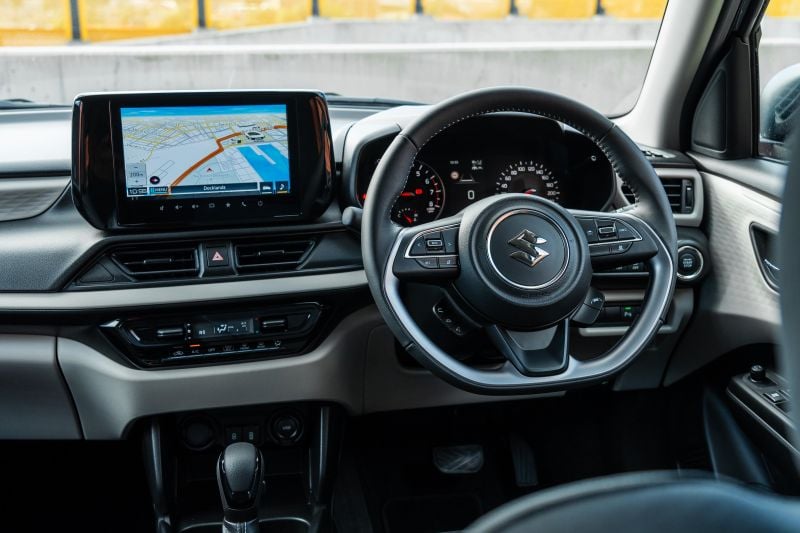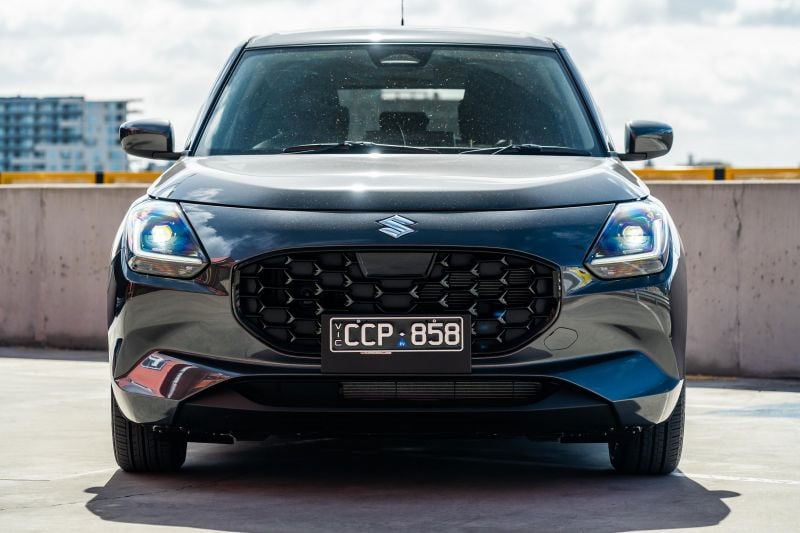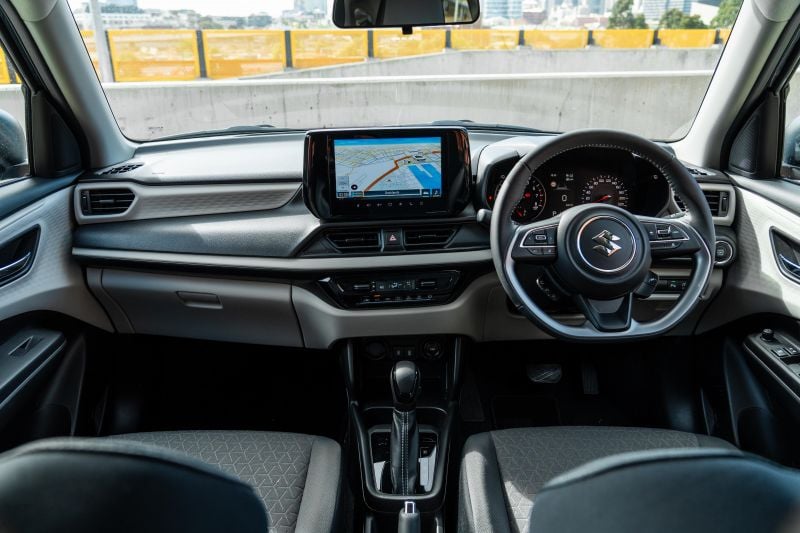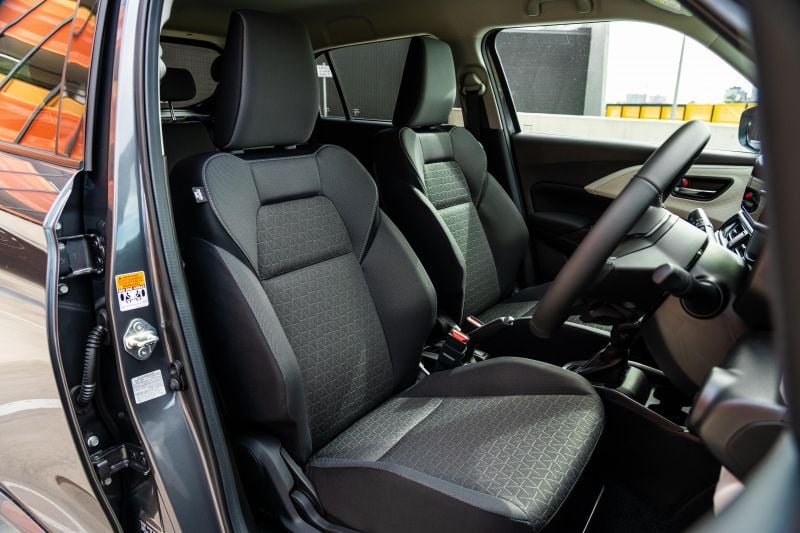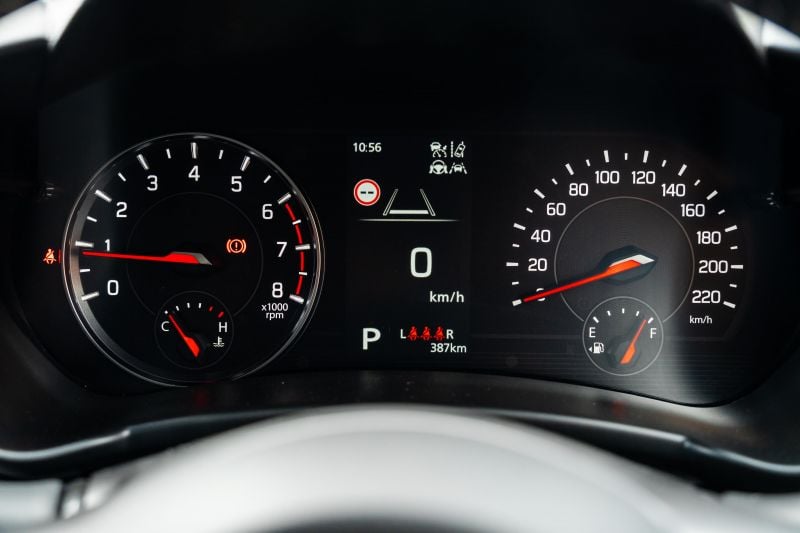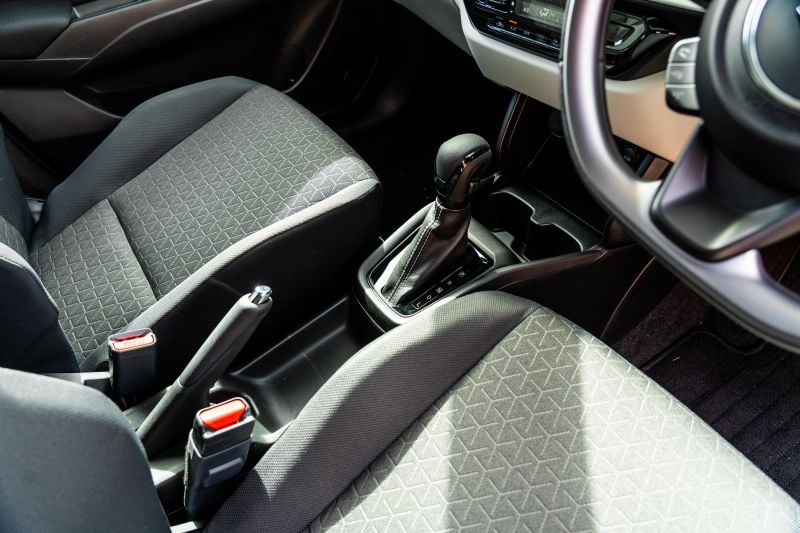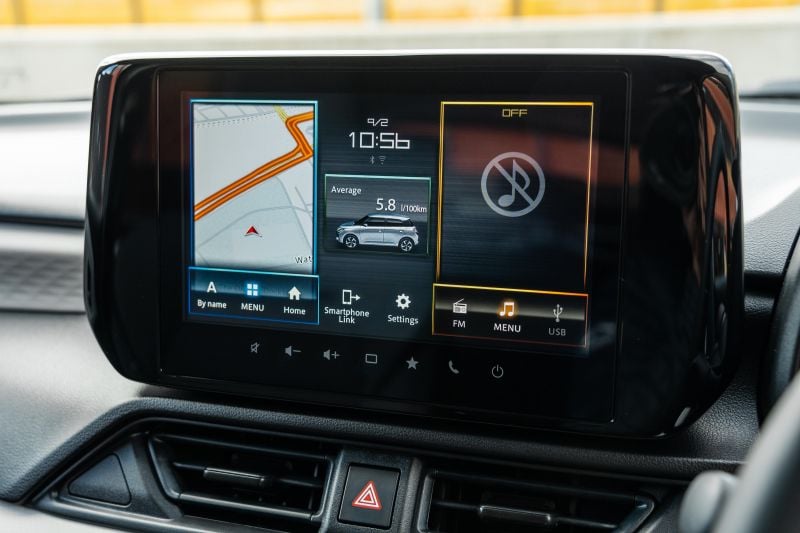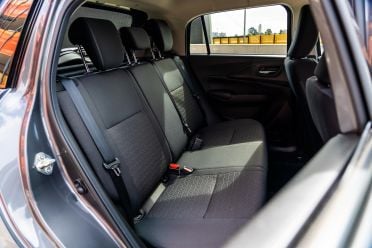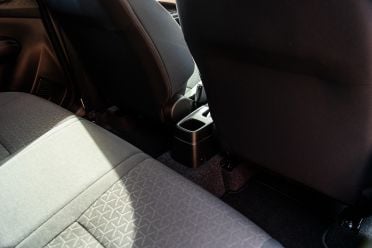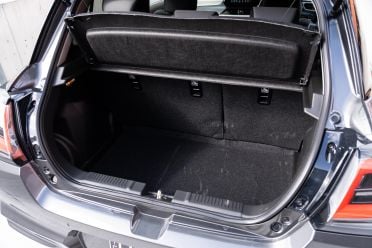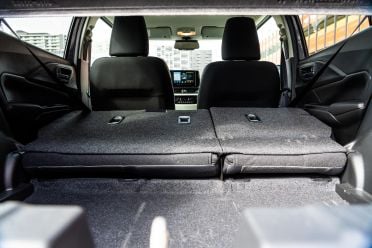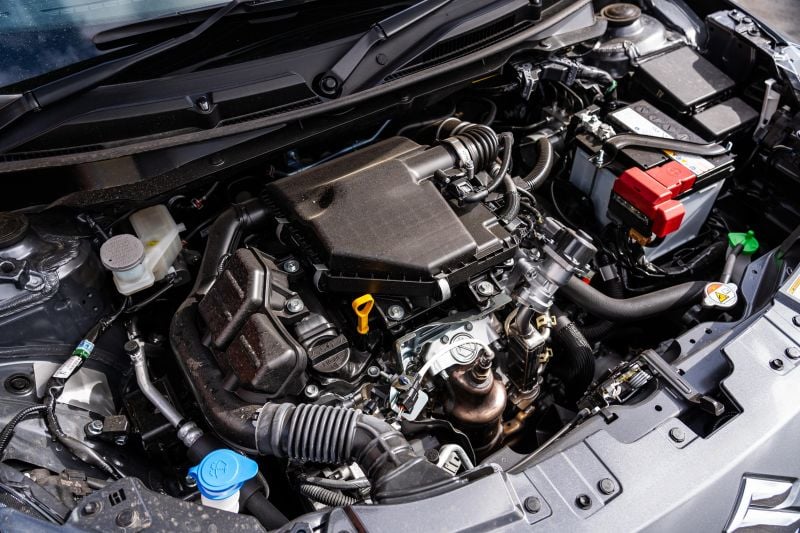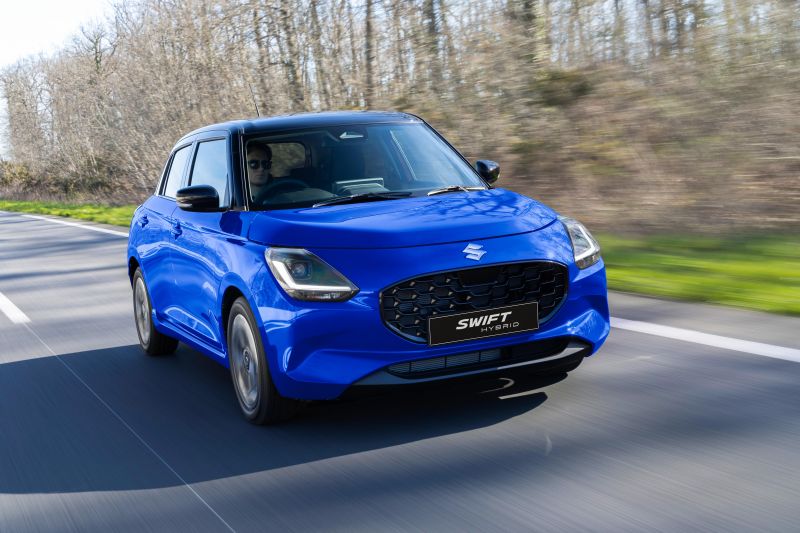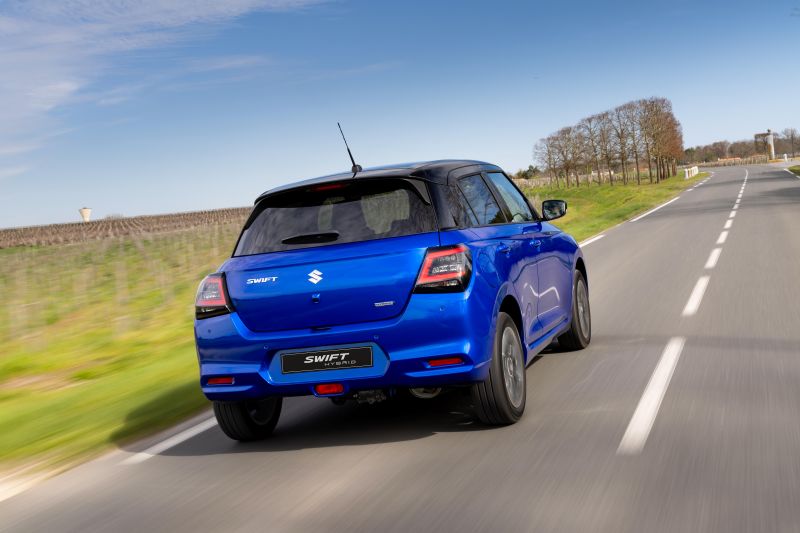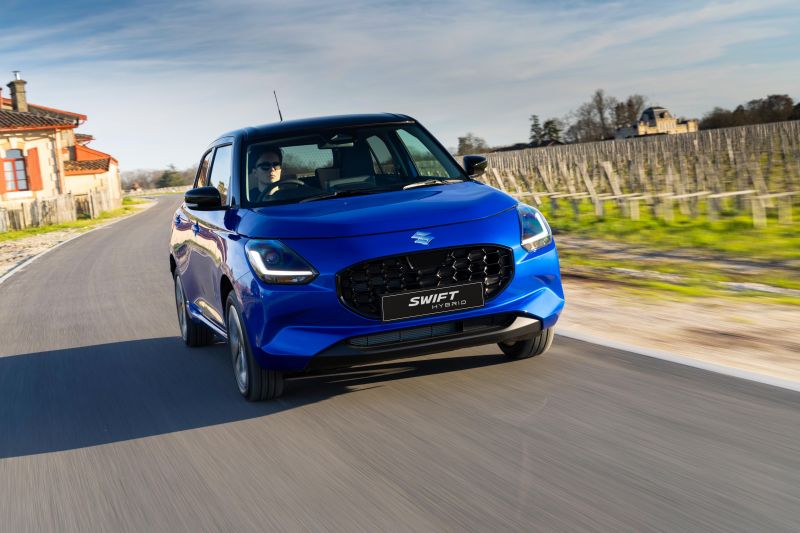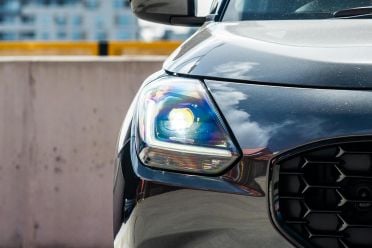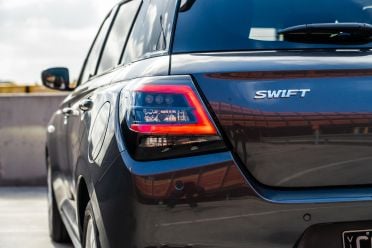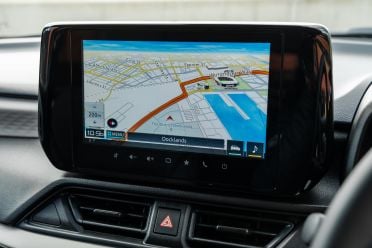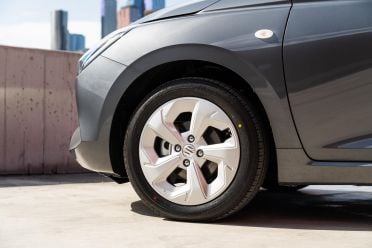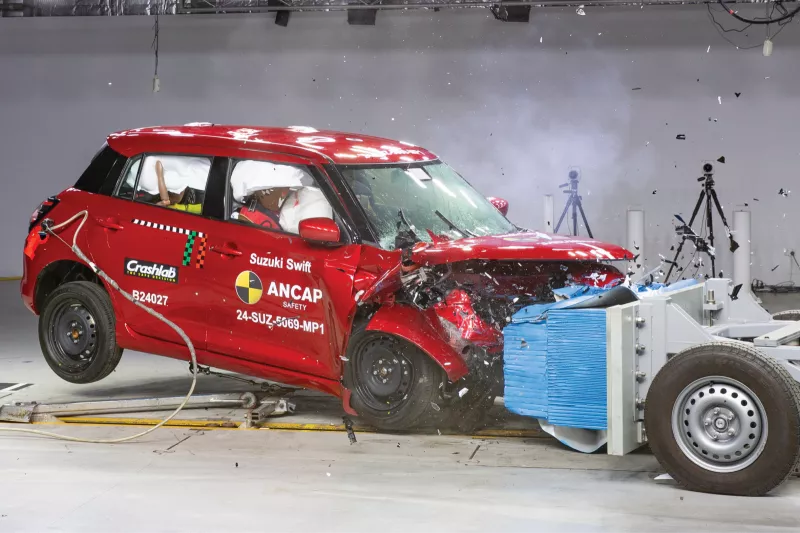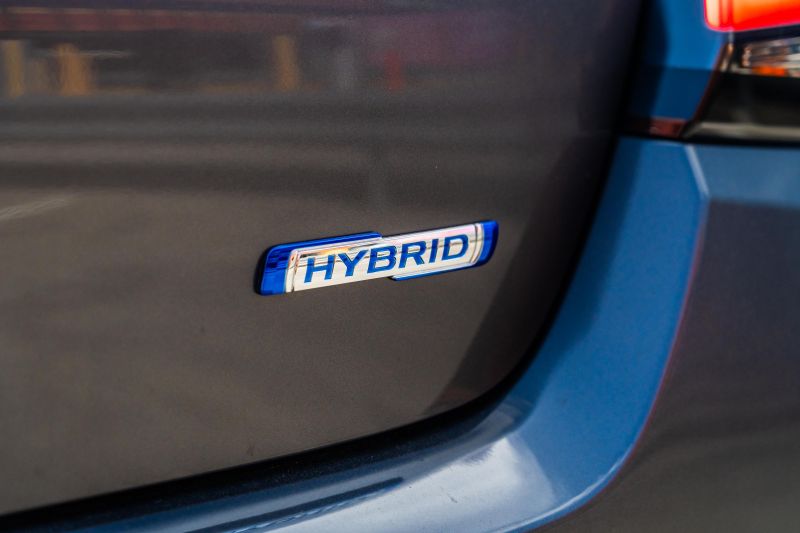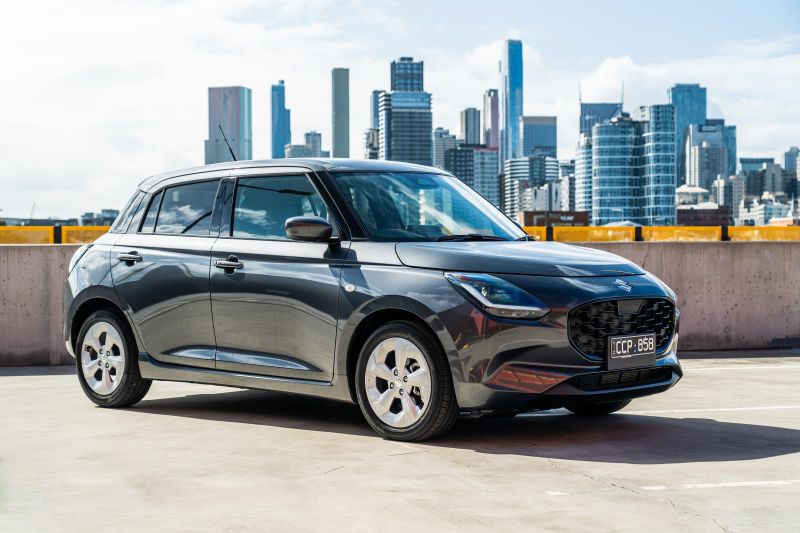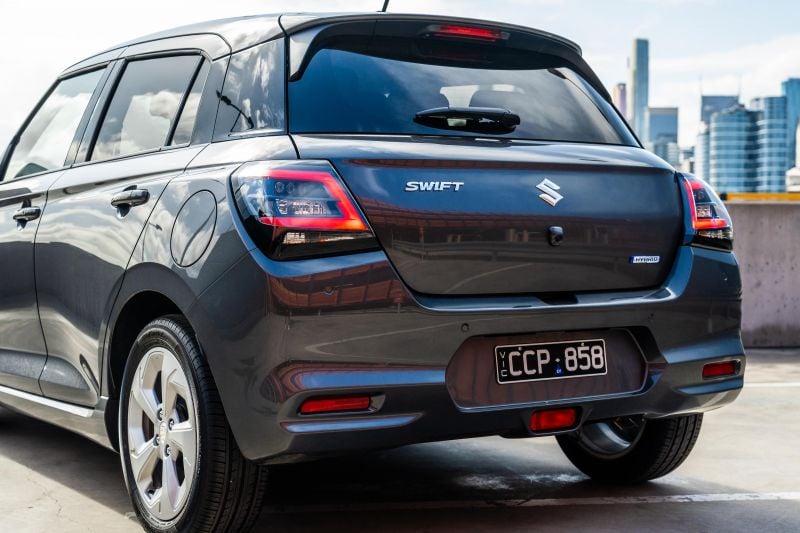The rugged little Jimny might steal the headlines, but the Suzuki Swift is another iconic model from the Japanese small-car specialist that’s also a bit of a legend in its own right.
Since its modern rebirth, the Swift has earned plenty of fans with its solid build quality, sharp sticker price, and enjoyable driving dynamics.
Late in its life, the third generation moved away from one of those key pillars. The last Swift crept up consistently in price throughout its time on sale in Australia, to the point it became quite hard to recommend.
The fourth-generation model you see here rights that wrong. With a starting price below $25,000 drive-away, it’s among the nation’s cheapest new cars, and even the mid-range variant on test here costs less than $29,000 drive-away.
It’s a far cry from the days of sub-$20,000 drive-away, no more to pay deals, but in the context of its main rivals it’s pretty sharp.
Throw in the promise of new interior technology, more space, and a more efficient mild-hybrid powertrain, and the new Swift looks like a return to form on paper.
So let’s see how the Hybrid Plus stacks up in the real world.

How much does the Suzuki Swift cost?
The new-generation Swift Hybrid range starts from $24,490 drive-away.
| Model | Drive-Away Pricing |
|---|---|
| 2024 Suzuki Swift Hybrid 5MT | $24,490 |
| 2024 Suzuki Swift Hybrid CVT | $26,990 |
| 2024 Suzuki Swift Hybrid Plus CVT | $28,490 |
| 2024 Suzuki Swift Hybrid GLX CVT | $29,990 |
To see how the Swift lines up against the competition, check out our comparison tool
What is the Suzuki Swift like on the inside?
Simplicity is the name of the game here. There’s not a heap of expensive soft-touch plastics, but it’s a comfortable space with a much improved technology suite.
The driver and passenger sit in cloth-trimmed seats with squidgy bases and reasonably pronounced bolsters. You get plenty of support on longer drives, and long-legged drivers will be able to get comfortable behind the wheel without too much fuss.
Suzuki’s leather-wrapped steering wheel feels like a quality item, and most of what you touch is solid enough. With that said, the doors take a solid pull to get closed – anything less and they don’t swing shut because they’re so light, which isn’t something you’d ever say about a Volkswagen Polo or Toyota Yaris.
The new 9.0-inch touchscreen is a massive improvement on the laggy system in the last Swift.
It starts up fast, and wireless smartphone mirroring connects reliably. Although it lacks the polish of a Toyota system, the graphics are slick enough and the menu structure is easy to break down on the move.
As for the instruments? You still get analogue dials here, but Suzuki has finally fitted a digital speedometer in the colour trip computer. It makes a huge difference, and negates some of the need for a proper digital instrument binnacle.
There are three USB ports: a USB-A outlet for wired smartphone mirroring, and two USB-C ports for fast charging.
There’s a slot at the base of the dashboard that’s perfect for a phone and wallet, and the cupholders will hold small coffee cups or bigger water bottles without too much stress. The flimsy door pockets also have space for a bottle.
Storage space on the transmission tunnel is impacted by the old-school manual handbrake, and there’s no covered central armrest in this Hybrid Plus.
Rear seat space is solid for the class. The rear doors are relatively large for such a small car, so it’s easier to fold adults in there, and once in there’s enough space for normal-height adults to sit behind normal-height adults on shorter trips.
This isn’t set up to be a family car, but it’s passable by class standards. ISOFIX child seat anchor points feature on the outboard rear seats, and there’s a trio of top-tethers. You don’t get air vents or USB ports though, which is in line with its rivals.
| Dimensions | Suzuki Swift Hybrid |
|---|---|
| Length | 3860mm |
| Width | 1735mm |
| Height | 1520mm |
| Wheelbase | 2450mm |
| Kerb weight | 957kg |
| Boot capacity | 265L – Rear seats raised 589L – Rear seats folded 980L – Max volume |
To see how the Swift lines up against the competition, check out our comparison tool
What’s under the bonnet?
All versions of the Swift in Australia get a 1.2-litre petrol engine with a 12V mild-hybrid system.
| Technical Specifications | Suzuki Swift Hybrid |
|---|---|
| Engine | 1.2L 3cyl petrol with 12V MHEV |
| Power | 60kW @ 5700rpm |
| Torque | 110Nm @ 4500rpm |
| ISG e-assist | 2.3kW 60Nm |
| Transmission | CVT |
| Driven wheels | Front |
| Fuel consumption – claimed | 4.0L/100km |
| Fuel consumption – as tested | 5.0L/100km |
| CO2 emissions – claimed | 90g/km |
| Emissions standard | Euro 6 |
| Fuel tank capacity | 37 litres |
| Fuel octane rating | 95 RON premium unleaded |
To see how the Swift lines up against the competition, check out our comparison tool
How does the Suzuki Swift drive?
On the road, this is immediately identifiable as a Suzuki Swift.
From the light steering to the way it rides, even to the surprisingly effervescent three-cylinder hybrid powertrain, this is a city car that punches above its weight.
Although Suzuki calls the Swift a hybrid, it’s a very ‘mild’ example of the breed. The engine turns off quickly and smoothly as you coast to a stop, and the 12V mild-hybrid system is able to offer a small performance boost when you put your foot down, but it’s not quite on the same level as a Toyota hybrid when it comes to electric-ness.
Put your foot down and the three-cylinder engine thrums away determinedly, offering a gentle shove in the back. This isn’t a hot hatch, but it has enough punch to squirt quickly away from the traffic lights.
Although there’s a manual option (a proper five-speed throwback), most owners will opt for the CVT auto here. It occasionally feels elastic, but most drivers won’t ever really think about it – on light inputs it just hums along, before flaring revs only when you’re in a hurry.
The light steering is perfect for life in the city. The Swift darts down tight laneways with minimal effort, and can be reversed parked with a pinky. It’s a shame the reversing camera is so poor; it’s the only real knock on what’s otherwise an easy car to deal with in tight spaces.
If you’re in a hurry, there’s some real fun to be had here. Some cars fall apart when you fling them into a corner, but the Swift genuinely enjoys it.
Very few cars – sports cars, city cars, whatever – weigh less than a tonne in 2024, but even with its new mild-hybrid system and CVT transmission the Hybrid Plus scrapes in below that mark. It makes for a hatch that’s very light on its feet, and offers something for owners who enjoy driving.
Ride quality is solid over pimply city streets, and at higher speeds the Swift feels settled enough given its size.
You’ll notice how light it is in crosswinds, or when there’s big trucks around though. We had the Swift during Melbourne’s mini hurricane, which only exacerbated the feeling.
Also noticeable is the hybrid system’s limited power output at 100km/h.
This isn’t designed to be a family car for long stints on the open road, so it’s not exactly a death sentence. And it’s clear work has gone into improving stability and refinement, with less wind and road noise on the move than before.
Despite being slapped with a one-star ANCAP safety rating (see below), the Suzuki’s active driver assists are impressive. The adaptive cruise control smartly maintains a gap to the car in front, and the lane centring system means you can relax more easily on long drives as it actively positions the vehicle in its lane.
The autonomous emergency braking (AEB) system is far less prone to false positives than before, so it no longer slams on the brakes when it sees parked cars nearby.
What do you get?
On test here is the mid-range Swift Hybrid Plus, which only comes with a continuously variable transmission (CVT).
Swift Hybrid standard equipment:
- Five-speed manual or CVT automatic transmission
- 9.0-inch touchscreen navigation system
- Apple CarPlay – wireless
- Android Auto – wired
- DAB+ digital radio
- Keyless entry and start
- LED headlights – projector type
- Automatic headlight on, off
- Automatic high-beam
- Rear fog light
- Heated side mirrors
- Traffic sign recognition
- Security alarm
- Digital speedometer
- Idle stop/start
Swift Hybrid Plus adds:
- CVT as standard
- 16-inch alloy wheels
- Rear privacy glass
- Leather-wrapped steering wheel
- Heated front seats
- Premium fabric upholstery
- Type-A, Type-C USB ports
- Driver’s seat height adjustment
- Blind-spot monitoring
- Rear cross-traffic alert
To see how the Swift lines up against the competition, check out our comparison tool
Is the Suzuki Swift safe?
The new Suzuki Swift attracted a three-star Euro NCAP crash test rating, and more recently a surprising one-star rating from its local affiliate ANCAP, due to differences in safety specifications.
| Category | Rating |
|---|---|
| Adult occupant protection | 47 per cent |
| Child occupant protection | 59 per cent |
| Vulnerable road user protection | 76 per cent |
| Safety assist | 54 per cent |
For reference, the EU-spec model scored three stars in Euro NCAP testing.
“The design of some of the structural elements and restraints in locally-sold Swift vehicles appear to lack robustness leading to variation in crash performance,” said Carla Hoorweg, ANCAP CEO.
Standard safety features include:
- Dual Camera Brake Support System (AEB)
- Lane departure warning
- Lane departure prevention – lane keep
- Weaving Alert
- Rear parking sensors
- Reversing camera
- Security alarm
- Traffic sign recognition
Swift Hybrid Plus adds:
- Blind-spot monitoring
- Rear cross-traffic alert
To see how the Swift lines up against the competition, check out our comparison tool
How much does the Suzuki Swift cost to run?
Suzuki covers its range in Australia with a five-year, unlimited-kilometre warranty.
| Servicing and Warranty | Suzuki Swift Hybrid |
|---|---|
| Warranty | 5 years, unlimited kilometres |
| Roadside assistance | 5 years |
| Capped price servicing | 5 years or 100,000 kilometres |
| Service intervals | 12 months or 15,000 kilometres |
| Total capped price service cost | $1955 |
To see how the Swift lines up against the competition, check out our comparison tool
CarExpert’s Take on the Suzuki Swift
This is affordable, efficient motoring done right.
Rather than getting distracted and trying to turn the Swift into something it’s never been, Suzuki has improved on the formula with a new powertrain, more modern interior, and bigger body.
You don’t need to stretch to the top of the range, either. The mid-range Swift Plus comes with plenty of equipment, offers the sort of efficiency we’ve come to expect from more expensive hybrid vehicles, and is genuinely fun to drive.
This is a return to form for the Swift name, and rights the wrongs that undermined the previous model late in its life.
The base model isn’t exactly short on equipment, but the extra safety kit in the Plus is worth having. That’s relevant for everyone, but especially for the first- and last-car buyers who’ve flocked to the Swift since its modern rebirth.
Interested in buying a Suzuki Swift? Get in touch with one of CarExpert’s trusted dealers here
Click the images for the full gallery
MORE: Everything Suzuki Swift





